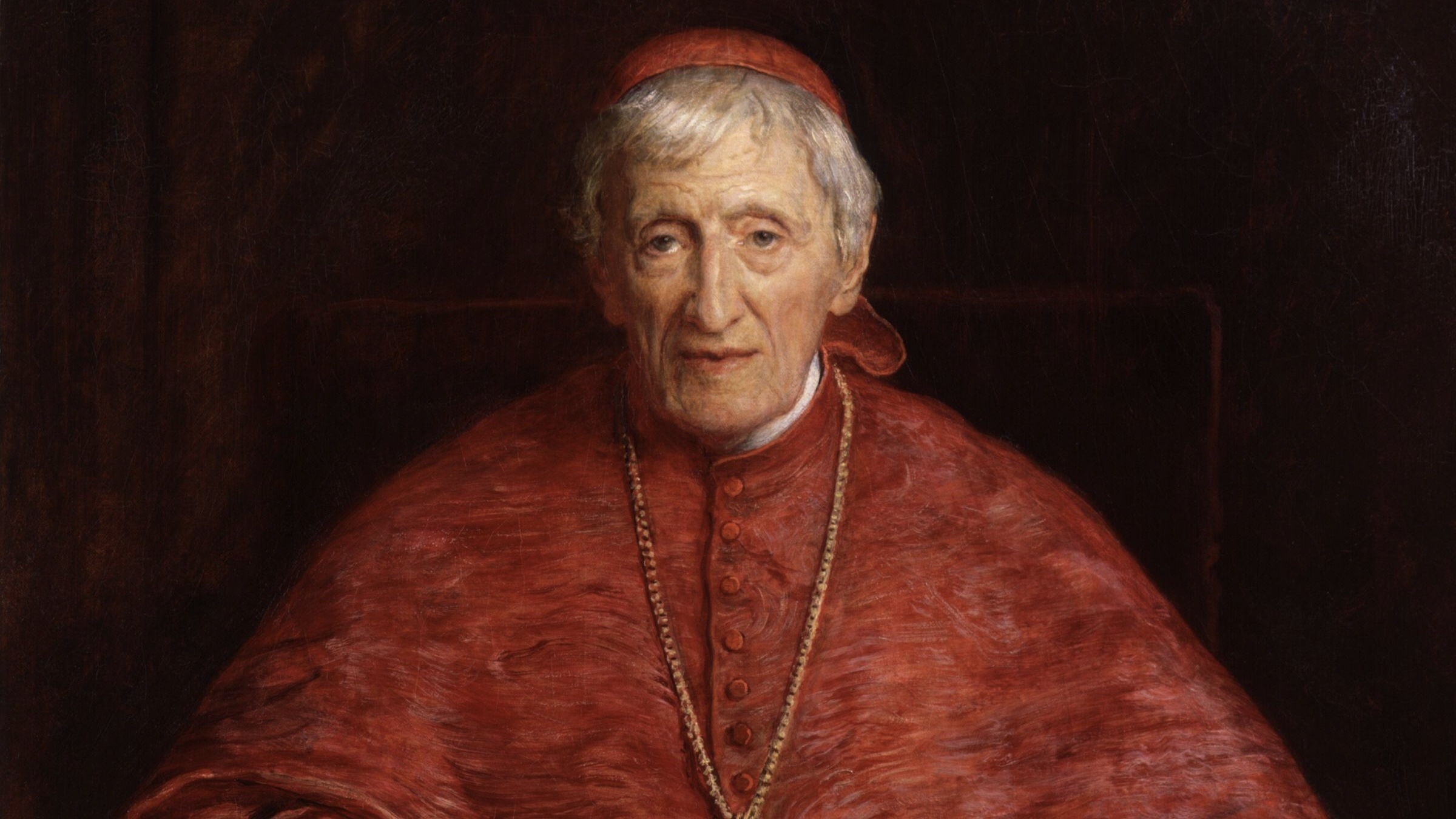 Says Newman: “A man is converted to the Catholic Church from his admiration of its religious system, and his disgust with Protestantism. That admiration remains; but, after a time, he leaves his new faith, perhaps returns to his old. The reason, if we may conjecture, may sometimes be this: he has never believed in the Church’s infallibility; in her doctrinal truth he has believed, but in her infallibility, no. He was asked, before he was received, whether he held all that the Church taught, he replied he did; but he understood the question to mean, whether he held those particular doctrines “which at that time the Church in matter of fact formally taught,” whereas it really meant whatever the Church then or at any future time should teach.”
Says Newman: “A man is converted to the Catholic Church from his admiration of its religious system, and his disgust with Protestantism. That admiration remains; but, after a time, he leaves his new faith, perhaps returns to his old. The reason, if we may conjecture, may sometimes be this: he has never believed in the Church’s infallibility; in her doctrinal truth he has believed, but in her infallibility, no. He was asked, before he was received, whether he held all that the Church taught, he replied he did; but he understood the question to mean, whether he held those particular doctrines “which at that time the Church in matter of fact formally taught,” whereas it really meant whatever the Church then or at any future time should teach.”
St. John Henry Newman on the duty of converts.
BY: Henry Matthew Alt • May 18, 2020 • Apologetics
 It strikes me as odd that, if we are essentially God’s marionettes, doing what God has scripted us to do, our actions appear to us so much like choices. I think you have to engage in a particularly profane act of self-deception to convince yourself that the words you speak, the food you eat, the clothes you wear, the things you do, are not your own choices but were chosen for you beforehand: to convince yourself that God threw a rope around you rather than you choosing him because you were drawn and fell in love. If you can tell yourself these things, eisegesis followers as the night the day.
It strikes me as odd that, if we are essentially God’s marionettes, doing what God has scripted us to do, our actions appear to us so much like choices. I think you have to engage in a particularly profane act of self-deception to convince yourself that the words you speak, the food you eat, the clothes you wear, the things you do, are not your own choices but were chosen for you beforehand: to convince yourself that God threw a rope around you rather than you choosing him because you were drawn and fell in love. If you can tell yourself these things, eisegesis followers as the night the day. 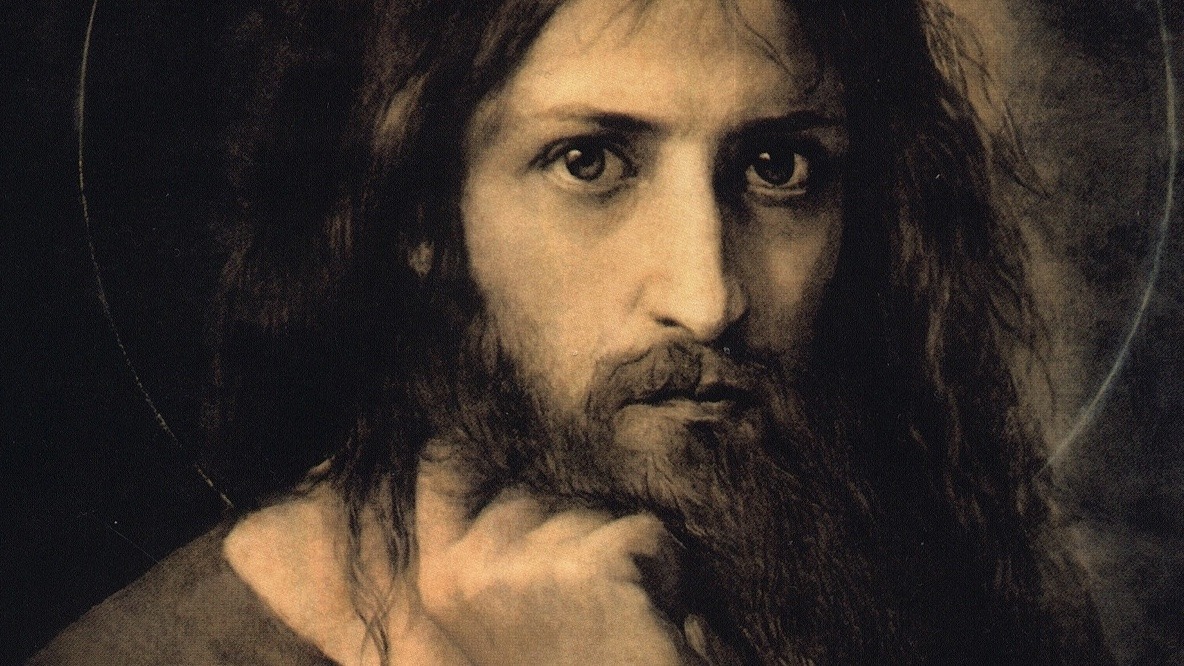 John 6:44 certainly teaches prevenient grace: “No man can come to me, except the Father which hath sent me draw him.” Apart from being drawn by grace, we would be powerless to come. “And I will raise him up on the last day.” But — and this is important — Christ’s raising on the last day is dependent not just upon being drawn, but on coming to him. Not all who are drawn will come. And that presupposes free will. With that in mind, we can turn to John 6:37: “All that the Father giveth me shall come to me; and him that cometh to me I will in no wise cast out.” Calvinist’s read eternal security into this text.
John 6:44 certainly teaches prevenient grace: “No man can come to me, except the Father which hath sent me draw him.” Apart from being drawn by grace, we would be powerless to come. “And I will raise him up on the last day.” But — and this is important — Christ’s raising on the last day is dependent not just upon being drawn, but on coming to him. Not all who are drawn will come. And that presupposes free will. With that in mind, we can turn to John 6:37: “All that the Father giveth me shall come to me; and him that cometh to me I will in no wise cast out.” Calvinist’s read eternal security into this text. 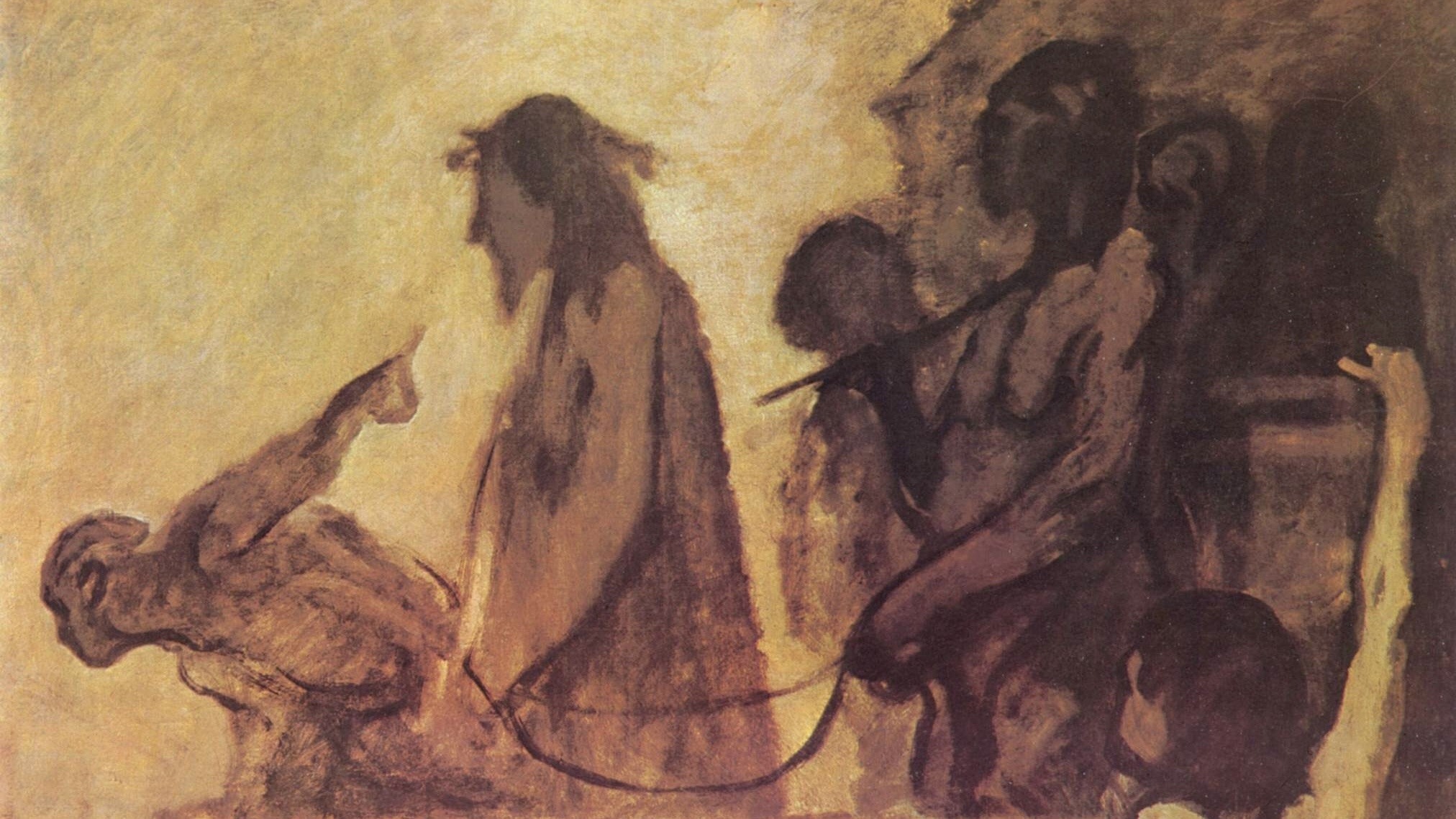 Before we get to Hebrews 10:14, dear reader, let us look ahead to Hebrews 10:26. “For if we sin wilfully after that we have received the knowledge of the truth, there remaineth no more sacrifice for sins.” This text, like 1 Cor. 10:12, warns of the danger of apostasy; and that’s a tricky concept if you believe in once saved, always saved. Some Calvinists try to nuance this by saying that only those who were never saved in the first place can apostasize, but that’s nonsense: If you were never saved in the first place, there’s nothing to apostasize from.
Before we get to Hebrews 10:14, dear reader, let us look ahead to Hebrews 10:26. “For if we sin wilfully after that we have received the knowledge of the truth, there remaineth no more sacrifice for sins.” This text, like 1 Cor. 10:12, warns of the danger of apostasy; and that’s a tricky concept if you believe in once saved, always saved. Some Calvinists try to nuance this by saying that only those who were never saved in the first place can apostasize, but that’s nonsense: If you were never saved in the first place, there’s nothing to apostasize from.  In an absolute sense, “limited atonement” is not contrary to Catholic teaching, if you mean only that not all will be saved. By rejecting the “L” of “TULIP,” the Church does not teach universalism. Many are called but few are chosen. The Council of Trent makes that clear: “But, though He died for all, yet do not all receive the benefit of His death, but those only unto whom the merit of His passion is communicated.” It is communicated only to those who, by free will, cooperate with the grace of God working in them. Thus Canons 4 – 6 pronounce anathemas upon those who deny human free will.
In an absolute sense, “limited atonement” is not contrary to Catholic teaching, if you mean only that not all will be saved. By rejecting the “L” of “TULIP,” the Church does not teach universalism. Many are called but few are chosen. The Council of Trent makes that clear: “But, though He died for all, yet do not all receive the benefit of His death, but those only unto whom the merit of His passion is communicated.” It is communicated only to those who, by free will, cooperate with the grace of God working in them. Thus Canons 4 – 6 pronounce anathemas upon those who deny human free will. The short answer to the question is: No. The Church is bound to the Scriptures and to the deposit of faith and its own judgments in the exercise of its teaching authority; it must elucidate Scripture and the deposit of faith and apply them to new questions; no more. That is what Catholic apologists mean when they say that the Church is the servant of the Scriptures and the servant of the deposit of faith. Now. Protestants think in the paradigm of sola; so upon learning that Catholics reject sola scriptura, they conclude they must practice sola ecclesia. But no.
The short answer to the question is: No. The Church is bound to the Scriptures and to the deposit of faith and its own judgments in the exercise of its teaching authority; it must elucidate Scripture and the deposit of faith and apply them to new questions; no more. That is what Catholic apologists mean when they say that the Church is the servant of the Scriptures and the servant of the deposit of faith. Now. Protestants think in the paradigm of sola; so upon learning that Catholics reject sola scriptura, they conclude they must practice sola ecclesia. But no. 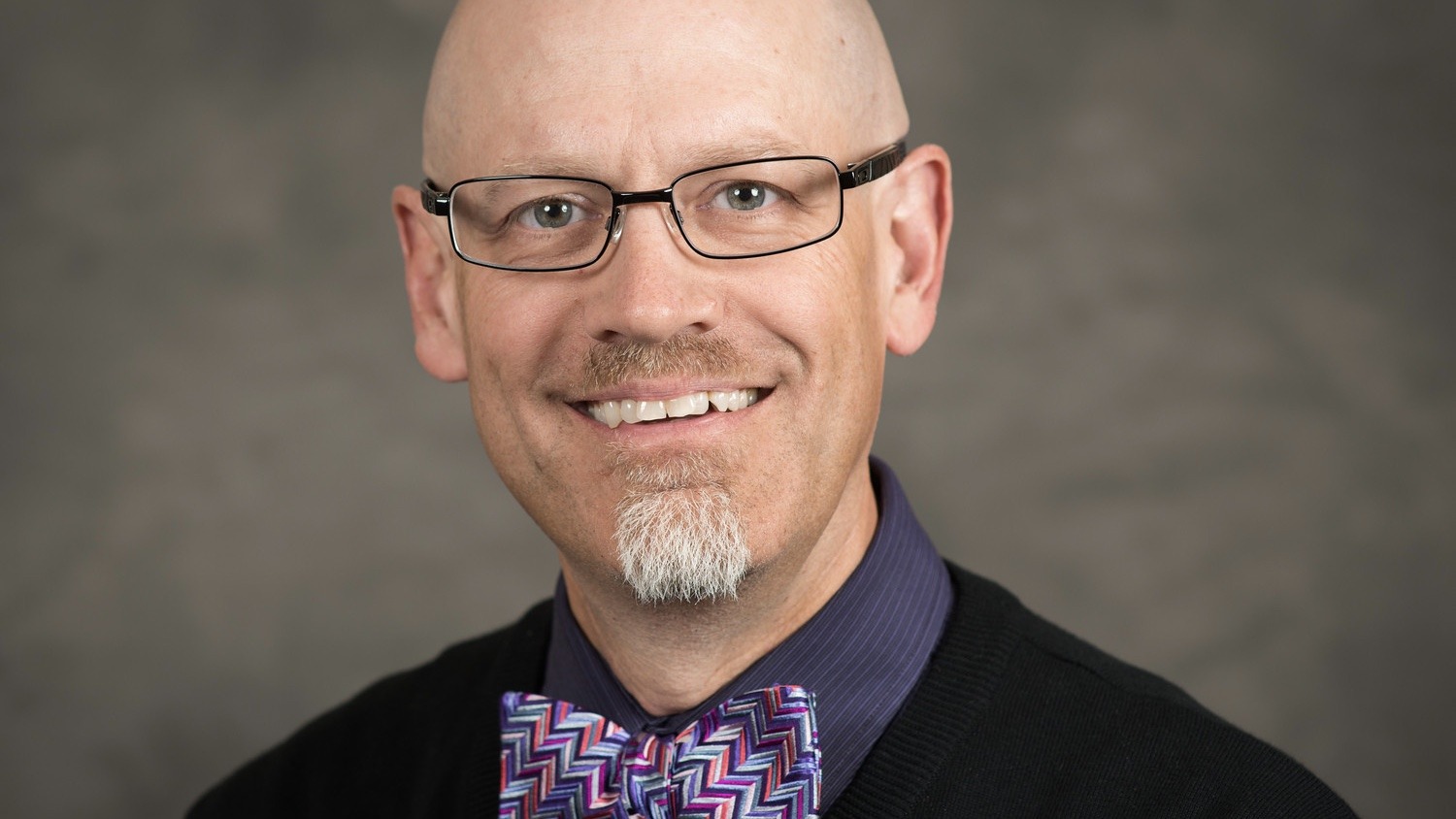 I have said multiple times on this wery blog that, if one were to piece together a definition of sola scriptura based only upon quotations from the Church Fathers said to support it, you would come up with something no Catholic would disagree with. And you would never think to use the word sola in connection with it. If you go about it this way — if you start with the quotations and work your way to a definition — you would not get sola scriptura. If you worked in reverse, however — if you began with the definition and only then pecked around for quotations — you would be sure to find many words that superficially sound like it.
I have said multiple times on this wery blog that, if one were to piece together a definition of sola scriptura based only upon quotations from the Church Fathers said to support it, you would come up with something no Catholic would disagree with. And you would never think to use the word sola in connection with it. If you go about it this way — if you start with the quotations and work your way to a definition — you would not get sola scriptura. If you worked in reverse, however — if you began with the definition and only then pecked around for quotations — you would be sure to find many words that superficially sound like it.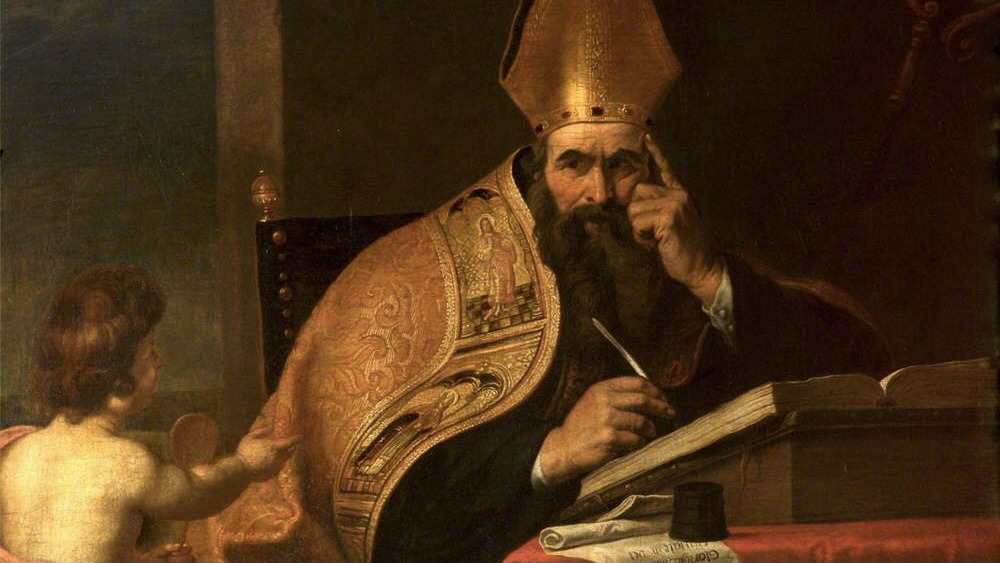 This is a continuation of a long-dormant series on a 1997 debate on sola scriptura between Dr.* James White and Gerry Matatics. Dr.* White finds two quotations in St. Augustine which he thinks are arguments for sola scriptura, but they amount—like his other quotations from the Church Fathers—to cherry-picking words out of context. Dr.* White’s definition of sola scriptura is very precise, and yet the quotations he chooses don’t come near that precision. It’s like he’s throwing darts and missing not just the target but the whole board. He really needs to do a better job at this.
This is a continuation of a long-dormant series on a 1997 debate on sola scriptura between Dr.* James White and Gerry Matatics. Dr.* White finds two quotations in St. Augustine which he thinks are arguments for sola scriptura, but they amount—like his other quotations from the Church Fathers—to cherry-picking words out of context. Dr.* White’s definition of sola scriptura is very precise, and yet the quotations he chooses don’t come near that precision. It’s like he’s throwing darts and missing not just the target but the whole board. He really needs to do a better job at this.  Ye olde debate over Limbo has been resurrected because Fr. Richard Heilman shared this article of mine from the National Catholic Register. “Four Reasons I Don’t Believe in the Limbo of Infants” — that was the title. I can’t remember whether the title was mine or the Register chose it; it doesn’t matter. Immediately the Limbo apologists crawled like spiders over Fr.‘s post, and one declaimed that it was a scandal indeed to share my article on this, since the INFALLIBLE Council of Florence had declared otherwise. Uh. No. It did not.
Ye olde debate over Limbo has been resurrected because Fr. Richard Heilman shared this article of mine from the National Catholic Register. “Four Reasons I Don’t Believe in the Limbo of Infants” — that was the title. I can’t remember whether the title was mine or the Register chose it; it doesn’t matter. Immediately the Limbo apologists crawled like spiders over Fr.‘s post, and one declaimed that it was a scandal indeed to share my article on this, since the INFALLIBLE Council of Florence had declared otherwise. Uh. No. It did not.  I don’t doubt that Mr. Hays thinks that RadTrads and “avant-garde Catholics” are both “hopelessly wrong.” But so do I — if what Mr. Hays means by “avant-garde Catholics” is what I think he means. And I would guess that 90% of all Catholics would say both are wrong too. I get the feeling that Mr. Hays would reduce politics to the alt-right on one hand and “leftists” on the other, without regard for the fact that 90% or more fall between those extremes and loathe both. If by “avant-garde Catholics” Mr. Hays means what I think he means, these are people who are no less selective.
I don’t doubt that Mr. Hays thinks that RadTrads and “avant-garde Catholics” are both “hopelessly wrong.” But so do I — if what Mr. Hays means by “avant-garde Catholics” is what I think he means. And I would guess that 90% of all Catholics would say both are wrong too. I get the feeling that Mr. Hays would reduce politics to the alt-right on one hand and “leftists” on the other, without regard for the fact that 90% or more fall between those extremes and loathe both. If by “avant-garde Catholics” Mr. Hays means what I think he means, these are people who are no less selective.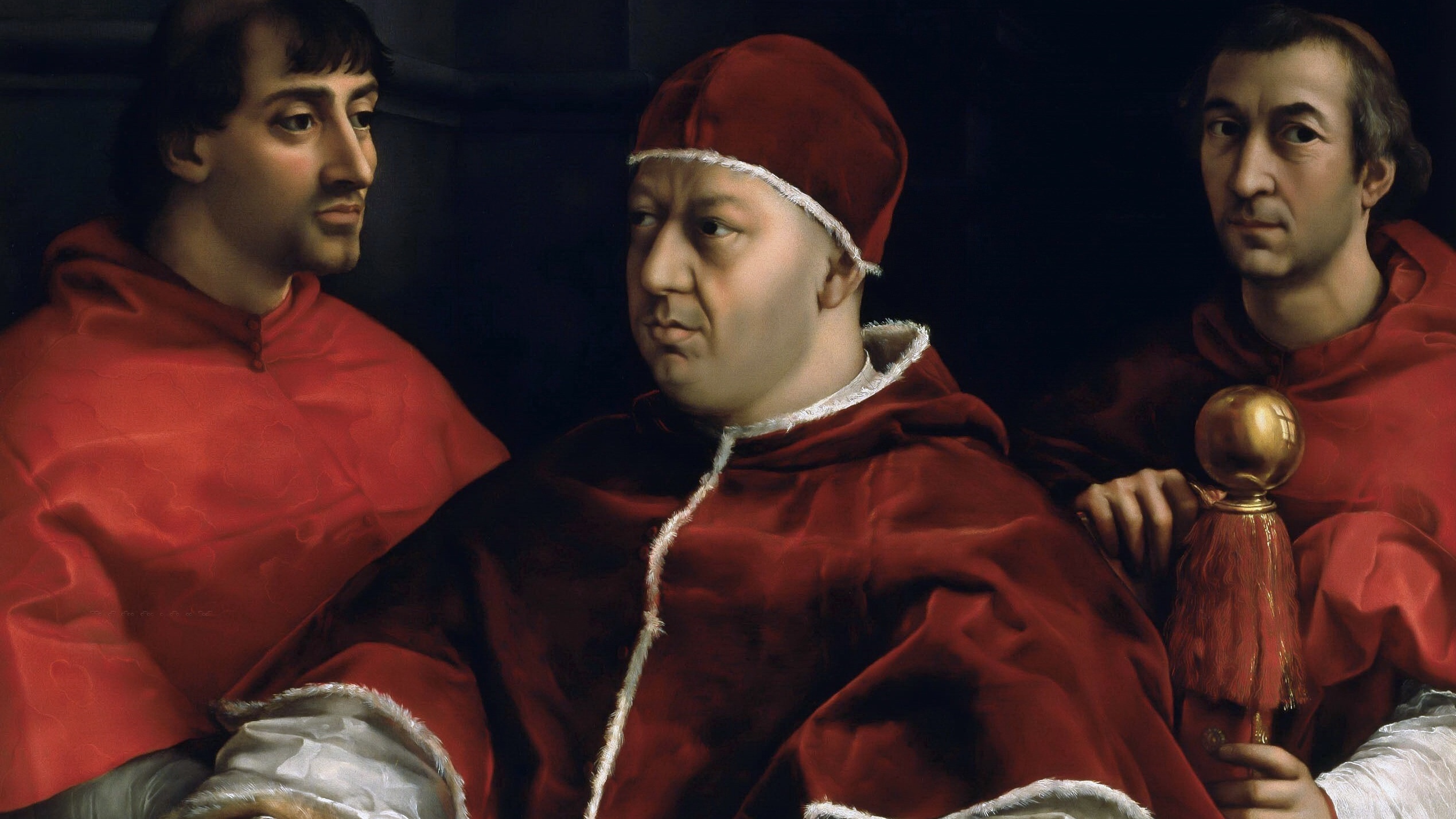 Frequently someone who hates Pope Francis will call me a “papalolator,” or a “papal positivist,” or an “Ultramontanist,” or whatever the slur of the week is. Supposedly I think everything a pope says is infallible, or I think everything this pope says is infallible. And now this week, a Protestant apologist has decided that I think the papacy is “useless.” How wildly does Alt change with every new wind that blows! Said apologist is known on this blog as Steve “Purple” Hays. We’ve dueled before. Once upon a time, he imagined that I was trying to promote him to a bishoprick.
Frequently someone who hates Pope Francis will call me a “papalolator,” or a “papal positivist,” or an “Ultramontanist,” or whatever the slur of the week is. Supposedly I think everything a pope says is infallible, or I think everything this pope says is infallible. And now this week, a Protestant apologist has decided that I think the papacy is “useless.” How wildly does Alt change with every new wind that blows! Said apologist is known on this blog as Steve “Purple” Hays. We’ve dueled before. Once upon a time, he imagined that I was trying to promote him to a bishoprick.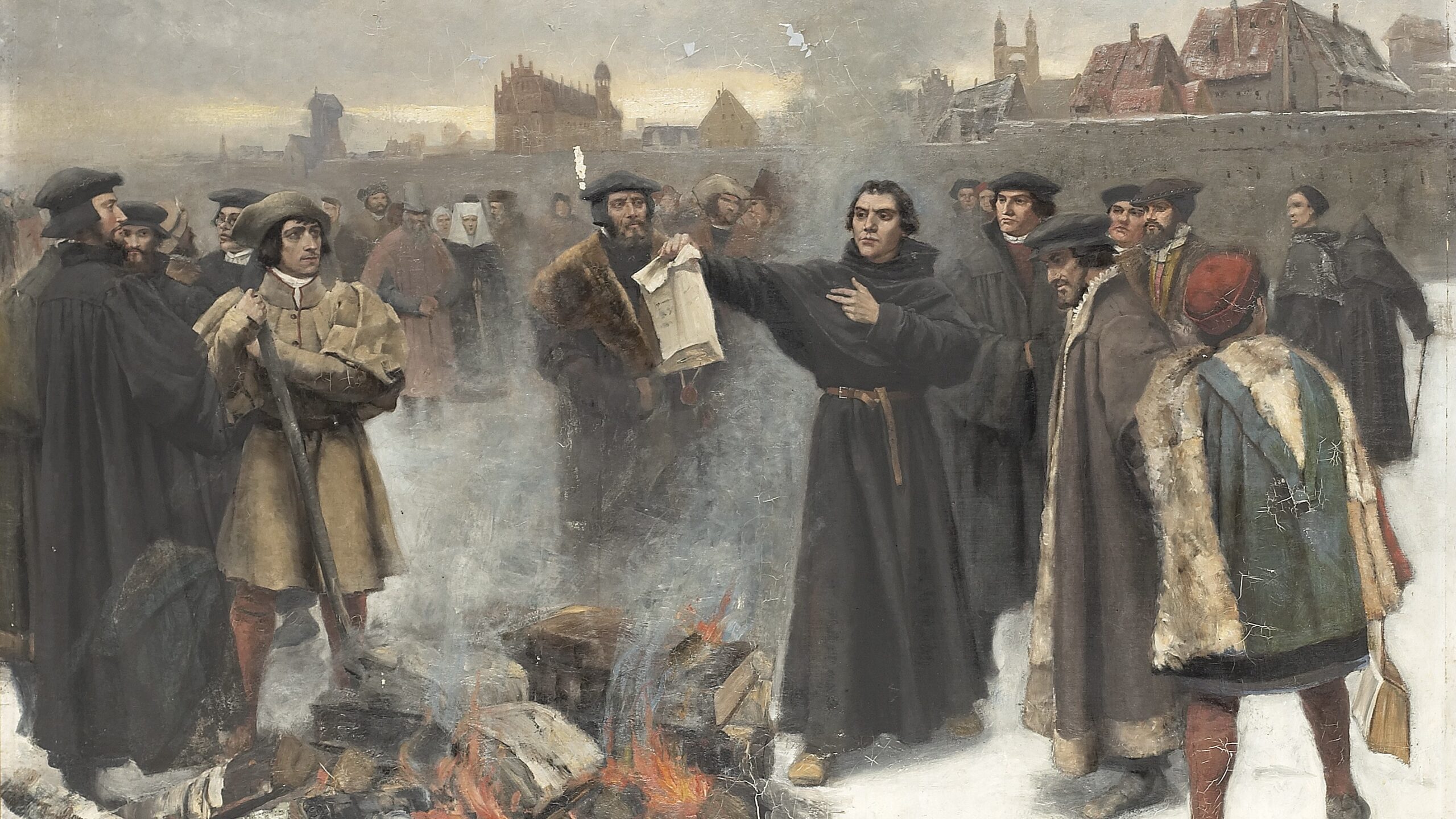 Exsurge Domine was the bull excommunicating Martin Luther; and the pope lists forty-one “errors,” but takes care to point that the errors fall into different categories. “Some of these,” he says, “have already been condemned by councils and the constitutions of our predecessors, and expressly contain even the heresy of the Greeks and Bohemians. Other errors are either heretical, false, scandalous, or offensive to pious ears, as seductive of simple minds, originating with false exponents of the faith who in their proud curiosity yearn for the world’s glory …”
Exsurge Domine was the bull excommunicating Martin Luther; and the pope lists forty-one “errors,” but takes care to point that the errors fall into different categories. “Some of these,” he says, “have already been condemned by councils and the constitutions of our predecessors, and expressly contain even the heresy of the Greeks and Bohemians. Other errors are either heretical, false, scandalous, or offensive to pious ears, as seductive of simple minds, originating with false exponents of the faith who in their proud curiosity yearn for the world’s glory …” 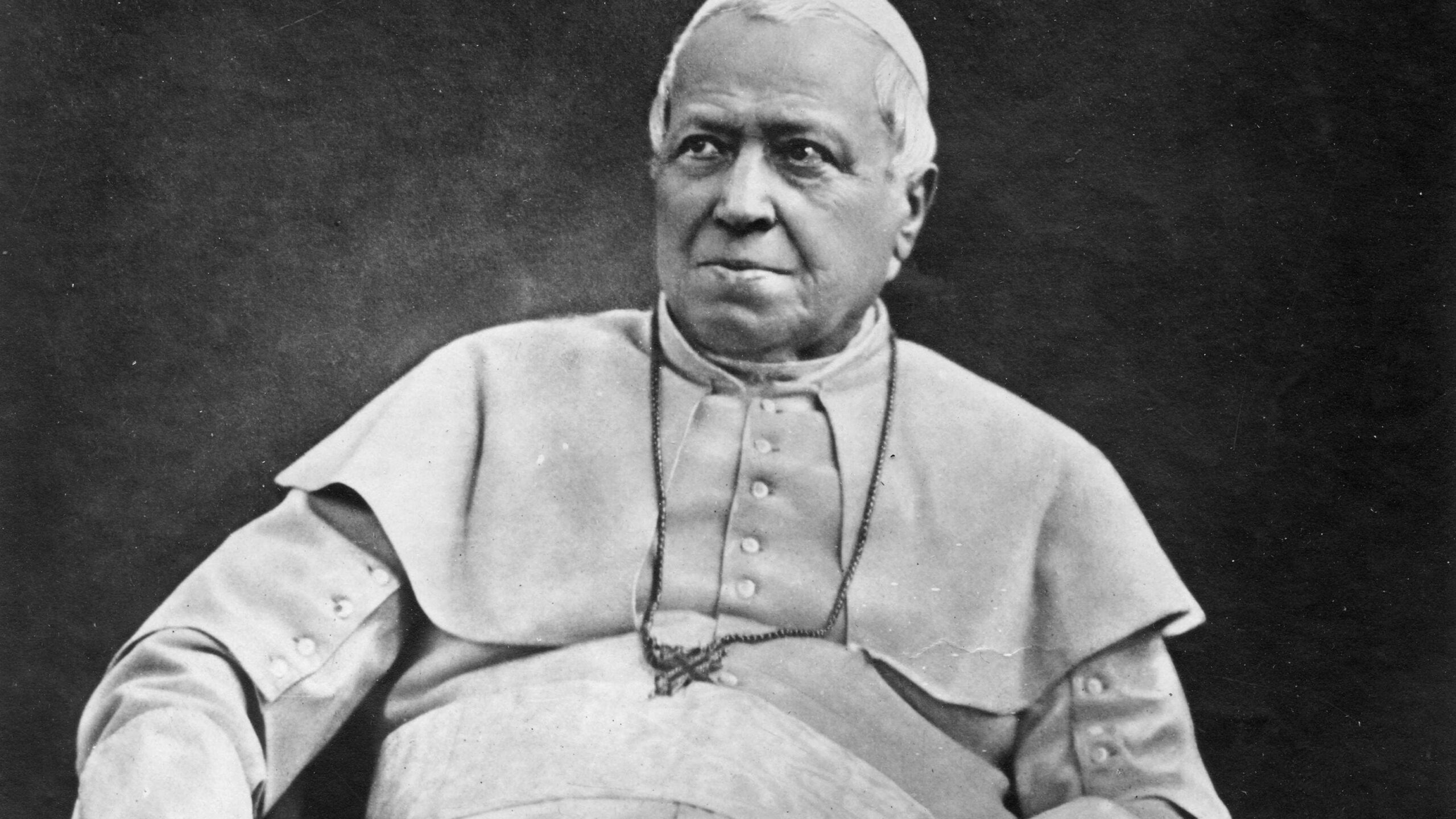 Strictly speaking, “infallibility” covers whatever teachings fall under a divine guarantee to be free from any possibility of error. That does not mean, and never meant, that non-infallible teachings — the Ordinary Magisterium—do contain errors. Still less does it mean that the pope could under any circumstances teach heresy. Pope Pius XII says in Humani Generis 20: “Nor must it be thought that what is expounded in Encyclical Letters does not of itself demand consent, since in writing such Letters the Popes do not exercise the supreme power of their Teaching Authority.”
Strictly speaking, “infallibility” covers whatever teachings fall under a divine guarantee to be free from any possibility of error. That does not mean, and never meant, that non-infallible teachings — the Ordinary Magisterium—do contain errors. Still less does it mean that the pope could under any circumstances teach heresy. Pope Pius XII says in Humani Generis 20: “Nor must it be thought that what is expounded in Encyclical Letters does not of itself demand consent, since in writing such Letters the Popes do not exercise the supreme power of their Teaching Authority.” 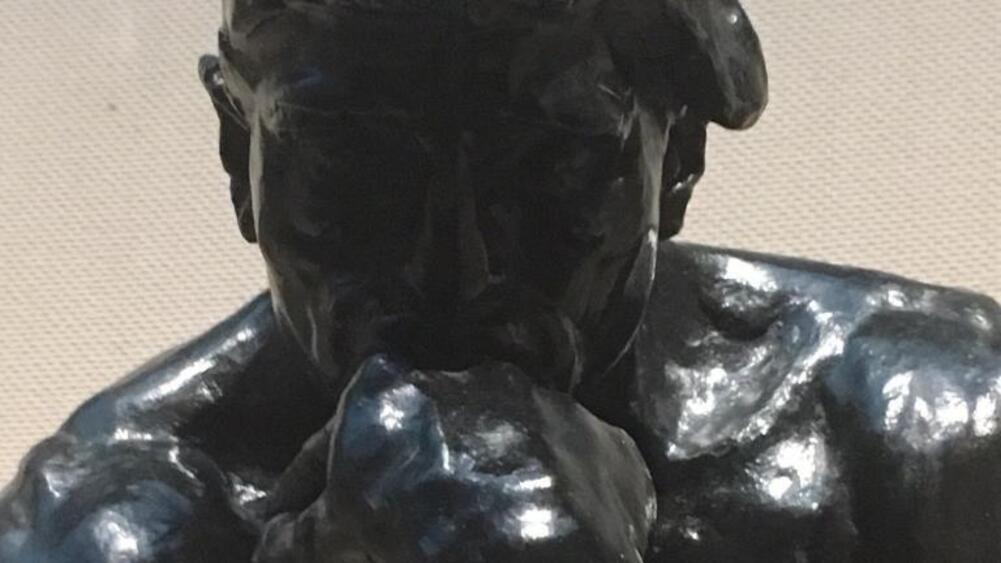 No Catholic apologist I know defends, say, the Marian dogmas by telling us that the Church teaches the Marian dogmas and stopping there. The Catholic apologist does that no more than the Protestant apologist says “The Bible is true because it says so in the Bible.” It’s fair to assume that whoever we are trying to convince already knows that the Church, or the Bible, teaches these things. So we go further. I’m not going to convince Mr. Noodle that Mary was assumed into Heaven by saying, “Pope Pius XII taught this.” Noodle already knows.
No Catholic apologist I know defends, say, the Marian dogmas by telling us that the Church teaches the Marian dogmas and stopping there. The Catholic apologist does that no more than the Protestant apologist says “The Bible is true because it says so in the Bible.” It’s fair to assume that whoever we are trying to convince already knows that the Church, or the Bible, teaches these things. So we go further. I’m not going to convince Mr. Noodle that Mary was assumed into Heaven by saying, “Pope Pius XII taught this.” Noodle already knows.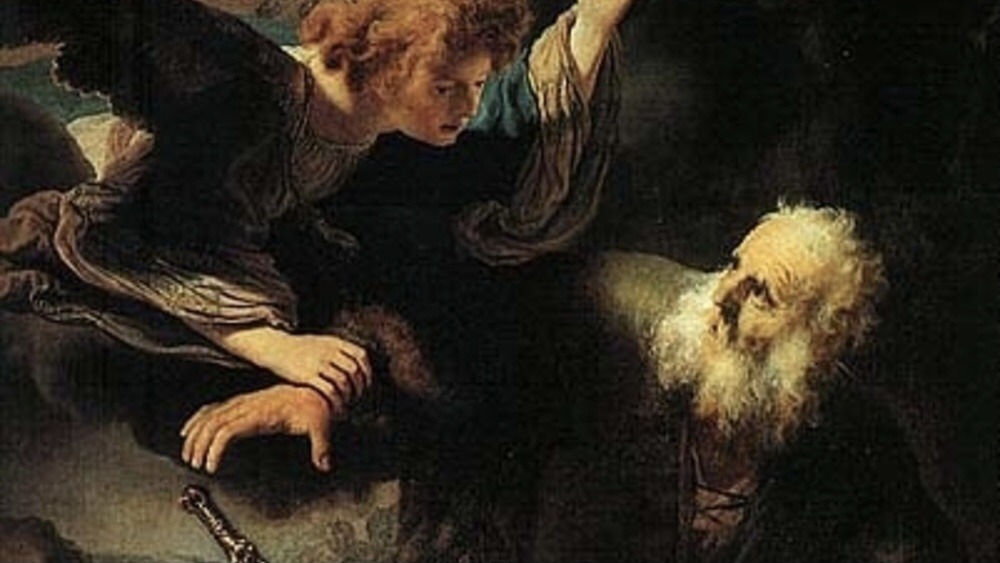 When John Calvin reaches the “crowning point” of his rant against the “popish Mass,” he becomes truly incoherent. (As though he were not already.) Here’s the crowning point: “the sacred Supper, on which the Lord left the memorial of his passion formed and engraved, was taken away, hidden, and destroyed, when the Mass was erected.” So if I am to take Calvin at his plain word here, the Church has took the Eucharist away. The Church has hidden the Eucharist. The Church has indeed destroyed the Eucharist!
When John Calvin reaches the “crowning point” of his rant against the “popish Mass,” he becomes truly incoherent. (As though he were not already.) Here’s the crowning point: “the sacred Supper, on which the Lord left the memorial of his passion formed and engraved, was taken away, hidden, and destroyed, when the Mass was erected.” So if I am to take Calvin at his plain word here, the Church has took the Eucharist away. The Church has hidden the Eucharist. The Church has indeed destroyed the Eucharist!